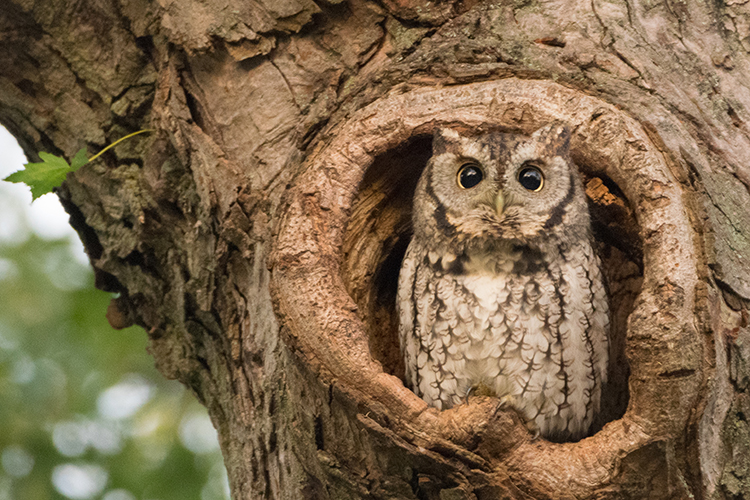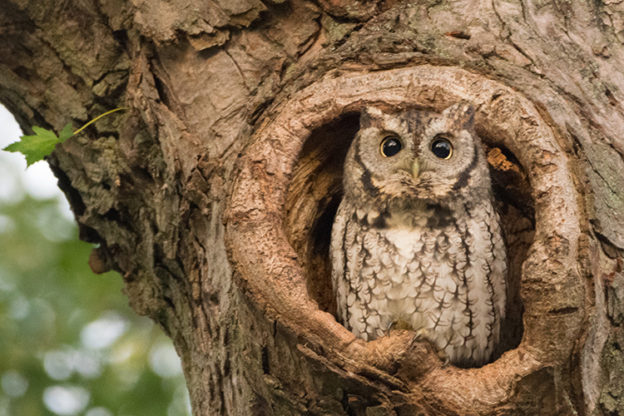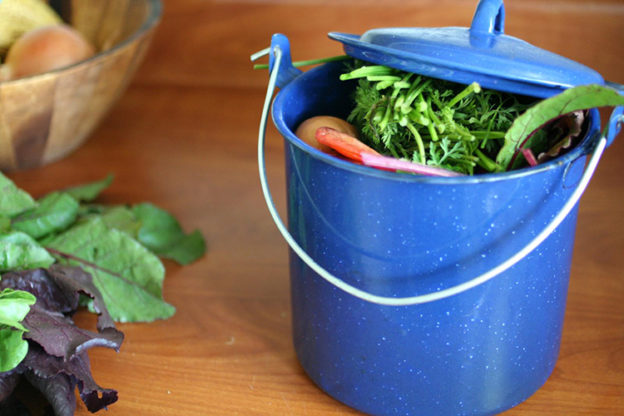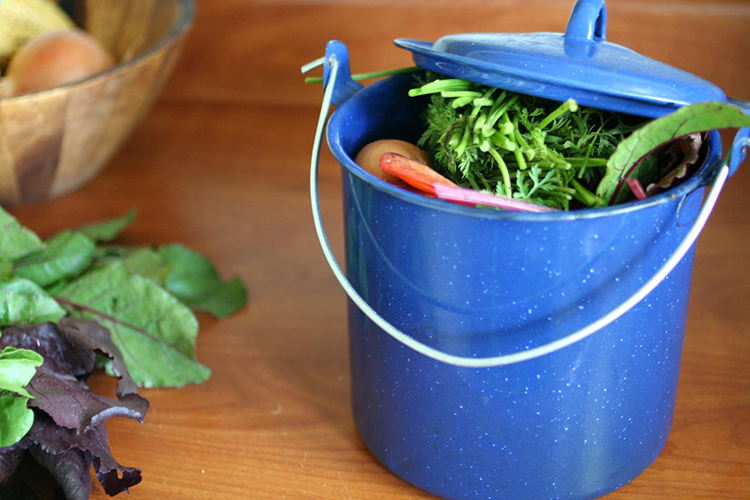If you’ve been reading the headlines, you may be alarmed at the attempts by the current administration to roll back or halt efforts to curb the impacts of climate change at a federal level.

First came the announcement of the intended withdrawal from the Paris Accord. Then the decision to allow offshore oil and gas leasing off US coastlines. And most recently they created a new rule that would give state’s the authority to set coal emission standards and, in doing so, rendering the Environmental Protection Agency ineffective.
Before you throw up your hands in despair and start searching for funny cat videos, know that the headlines are only telling part of the story. Lawyers have been working tirelessly to block the rollbacks. In fact, according to the Columbia Law School, “no climate change-related regulatory rollback brought before the courts has yet survived legal challenge.”
While that’s happening at a federal level, Mass Audubon and its partners continue to speak up for robust and innovative policy in Massachusetts. For example, we were instrumental in the passage of the Environmental Bond Bill. We work directly with municipalities through the state’s Municipal Vulnerability Preparedness (MVP) program, which fosters climate adaptation practices at the local level. And last week we submitted written testimony in support of S.10 An Act providing for climate change adaptation infrastructure investments in the Commonwealth.
Stay informed about climate change policy by signing up for our weekly Beacon Hill Round Up email. And if you want to share resources and information about fighting the impacts of climate change and inspire others to take action in new and creative ways, join our Climate Action Facebook Group.




